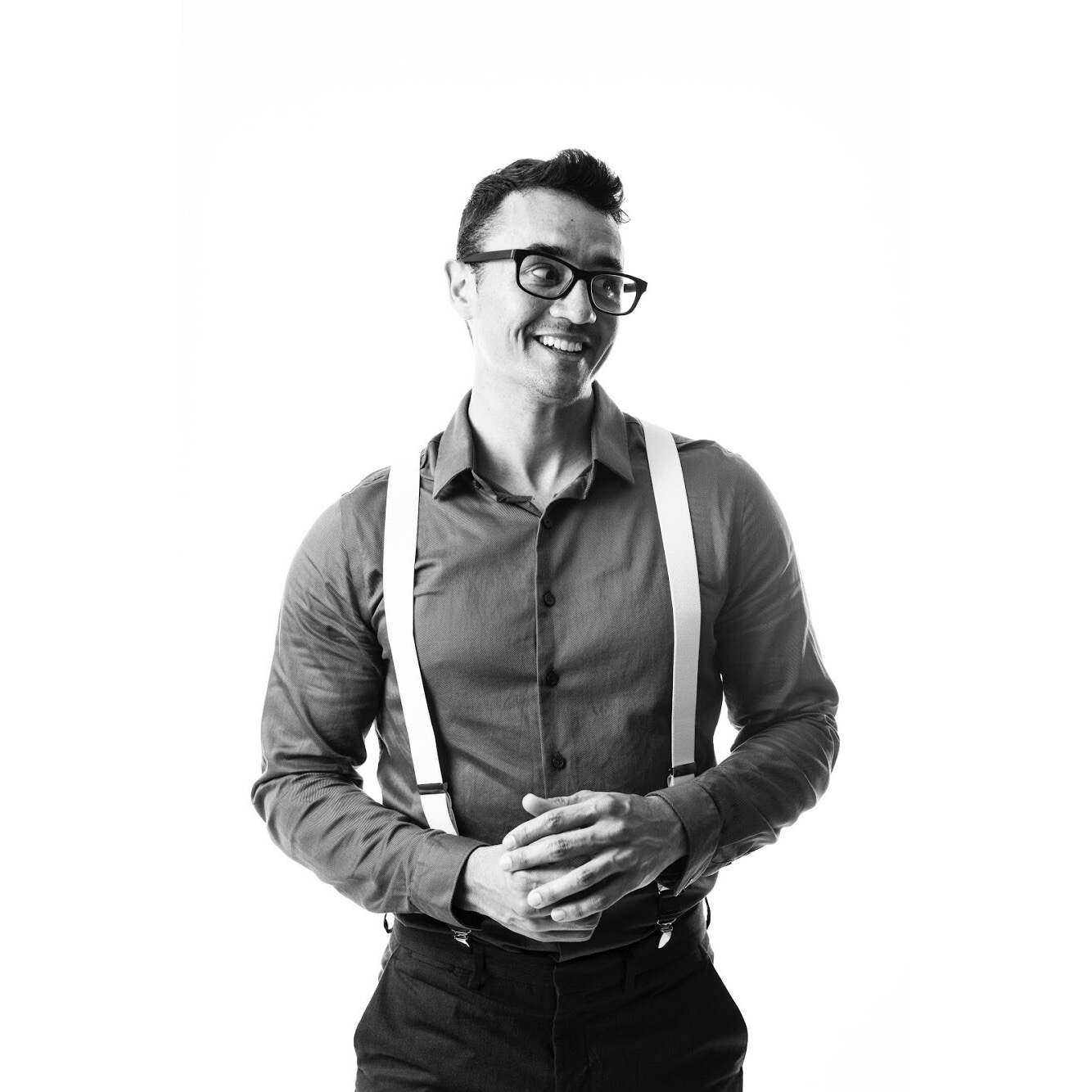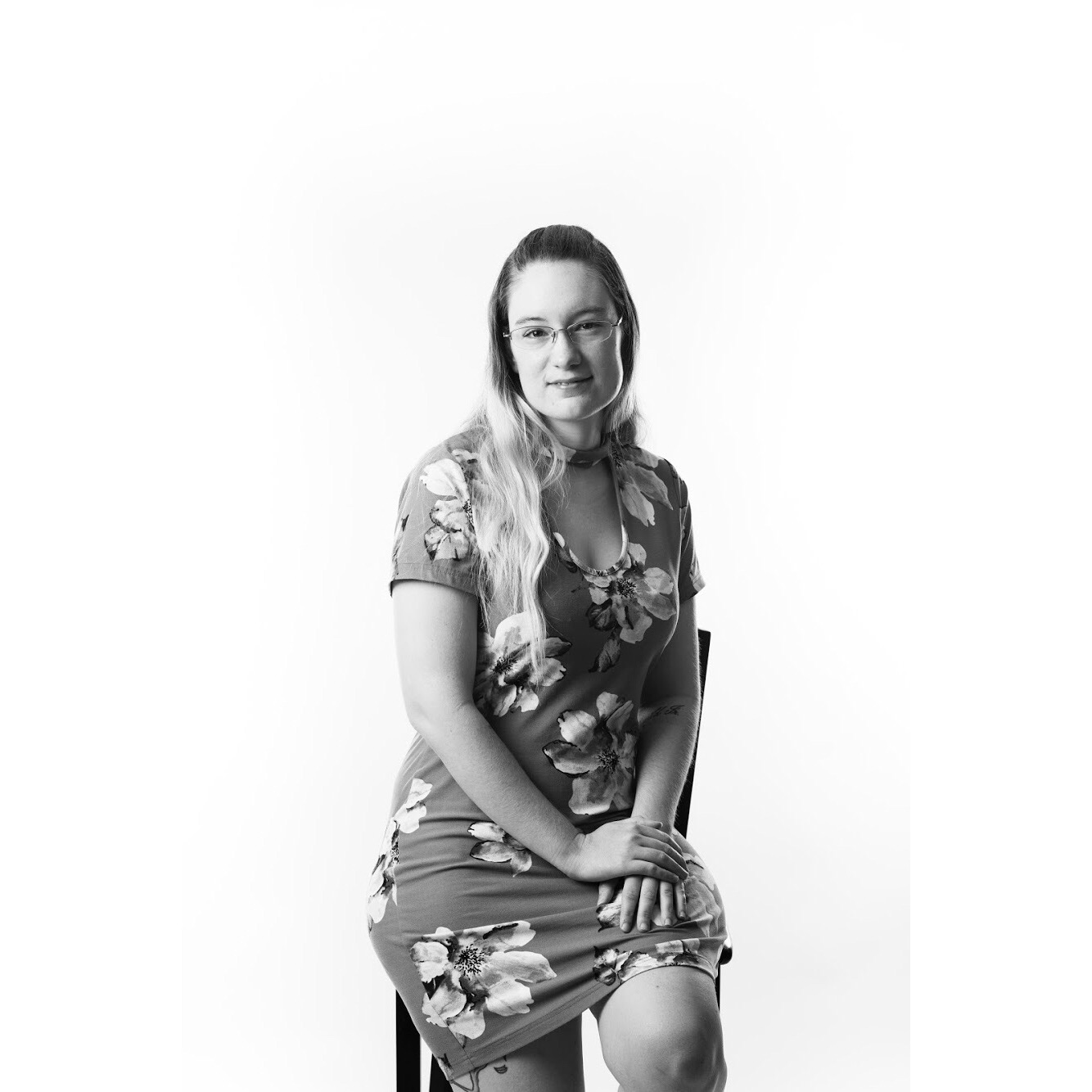Branch: Army
Duty: Infantry
By Delaney Brown
Albert Moreno does not want to be defined by his military service.
He sees his time in the Army simply as a job he used to do — not as a part of who he is. Since leaving the service, he’s actively tried to disassociate himself with the things he did.
Moreno enlisted at 17. He didn’t join out of a sense of patriotic duty, or to avenge 9/11 like some people he knew.
Moreno was a runner with aspirations of going to the Olympics. Even though he was offered scholarships to attend a university, he decided to enlist. He saw the military and its physical requirements as a way to continue his track training without having to go through four more years of school.
Looking back, Moreno realizes how naive he was. At the height of the war in Afghanistan, infantrymen were almost guaranteed deployment.
Moreno said joining the military stunted his development. It caused him to miss out on a lot of “normal” experiences. In his impressionable years, he was exposed to combat veterans trading stories of tragedy for bragging rights. He had never dated before going into combat.
Moreno said the Army built and maintained a “macho” environment. Soldiers were supposed to be steely and tough. Soldiers were trained to follow orders and fire machine guns. No one talked about how to deal with loss, he said.
“You’re hyped up by the commercials and recruiters. You get to put on a uniform and hold a weapon. It makes you feel a certain kind of way,” he said.
Moreno heard men talking about how they’d gotten away with beating their wives. He saw a sergeant convicted of DUI manslaughter serve only a year in prison. His bunkmate had a meth lab.
“In reality, we were the exact opposite of what you should be applauding,” he said.
Moreno figured he would stay for a full 20 years and make a career out of the military, but after two years he was medically discharged due to a shoulder injury. His body was worn out, he’d had multiple surgeries, and seen friends killed in action. Out of his squad of eight, Moreno said he was the only survivor.
The transition back to civilian life was a challenge. Moreno struggled with post-traumatic stress disorder, and he said the military didn’t prepare him to deal with the sadness and guilt he felt after his discharge.
“All of a sudden you’re left with the reality that your friends are dead… that you’ve done horrible things you never thought you were capable of,” he said.
Moreno said he didn’t feel like he could talk to anyone about what he’d experienced overseas. When his family asked, he would tell them about bits and pieces, but never the full story. He didn’t want his younger siblings to be afraid of him.
Moreno has seen a counselor twice a week for the past six years. He said he feels happier, more balanced now. He’s learned to forgive himself for what’s already done, to let the past stay in the past. He’s focused on the future now.
For a little while longer, Moreno, now 32, will be a student. He’ll graduate from USF St. Petersburg in spring 2019 with a master’s in liberal arts.
“I don’t want to be one of those guys reliving my combat days 20 years down the road,” Moreno said. “I don’t want to be one of those guys trying to make the past tense present tense.”
Photo courtesy of Stacy Pearsall (resized for web)



